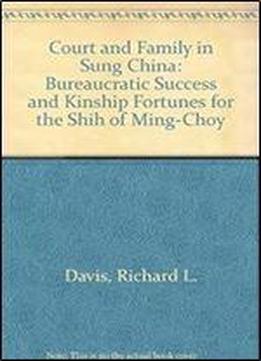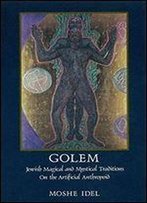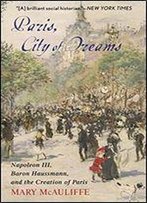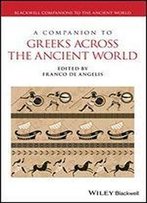
Court And Family In Sung China 960-1279: Bureaucratic Success And Kinship Fortunes For The Shih Of Ming-chou
by Richard L. Davis /
1986 / English / PDF
33.2 MB Download
In Court and family in Sung China, 960-1279 : bureaucratic success and kinship fortunes for the Shih of Ming-chou, Richard L. Davis examines the history of the most politically prominent family of the Sung dynasty (960-1279), the Shih of Ming-chou (modern Ning-po). The Shih family lineage produced three consecutive generations of chief councillors — one of whom held power for an unprecedented quarter century — and dozens of other high officials. The Shih dominated the court for the first half of the thirteenth century, leaving an indelible mark upon the Sung dynasty. Due to the prominence and position of the family, Davis's work therefore tells us as much about court intrigue and political change during the latter part of the Sung dynasty as it does about the Shih family itself.
Davis also relates the experience of the Shih to the larger scholar-official elite in Sung times. The Shih managed to rise from extreme obscurity in the eleventh century to achieve empire-wide renown in the late twelfth and early thirteenth centuries, returning to obscurity again by the fourteenth century. The story of this family is one of vivid contrasts: to illuminate this and its implications for the study of bureaucratic fluidity and social mobility, Davis provides background information on the emergence of a professional scholar-official elite in Sung times, the effect of civil service recruitment policies upon the composition of that elite, and the impact of regional development upon the rise of the Shih lineage, thereby placing the Shih within the context of their time. The author further discusses the role of family status and ties in determining bureaucratic success for individual Shih kinsmen.











